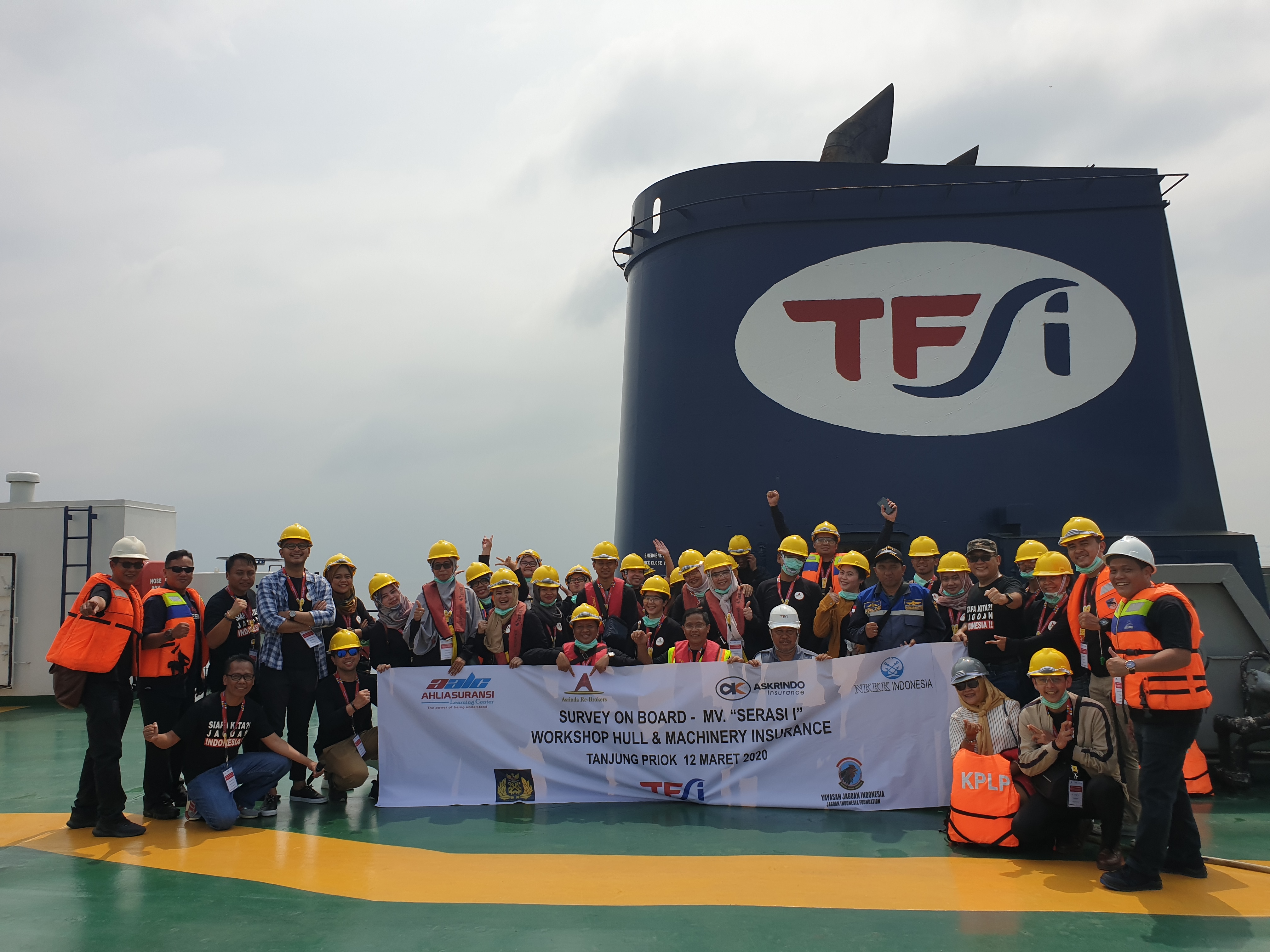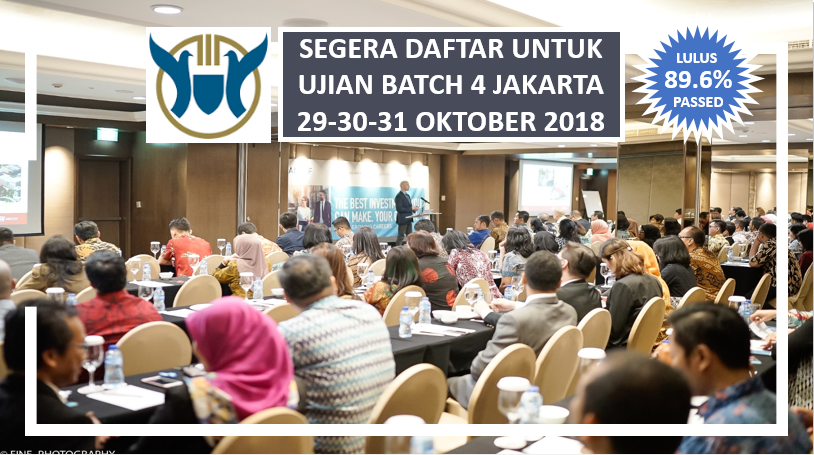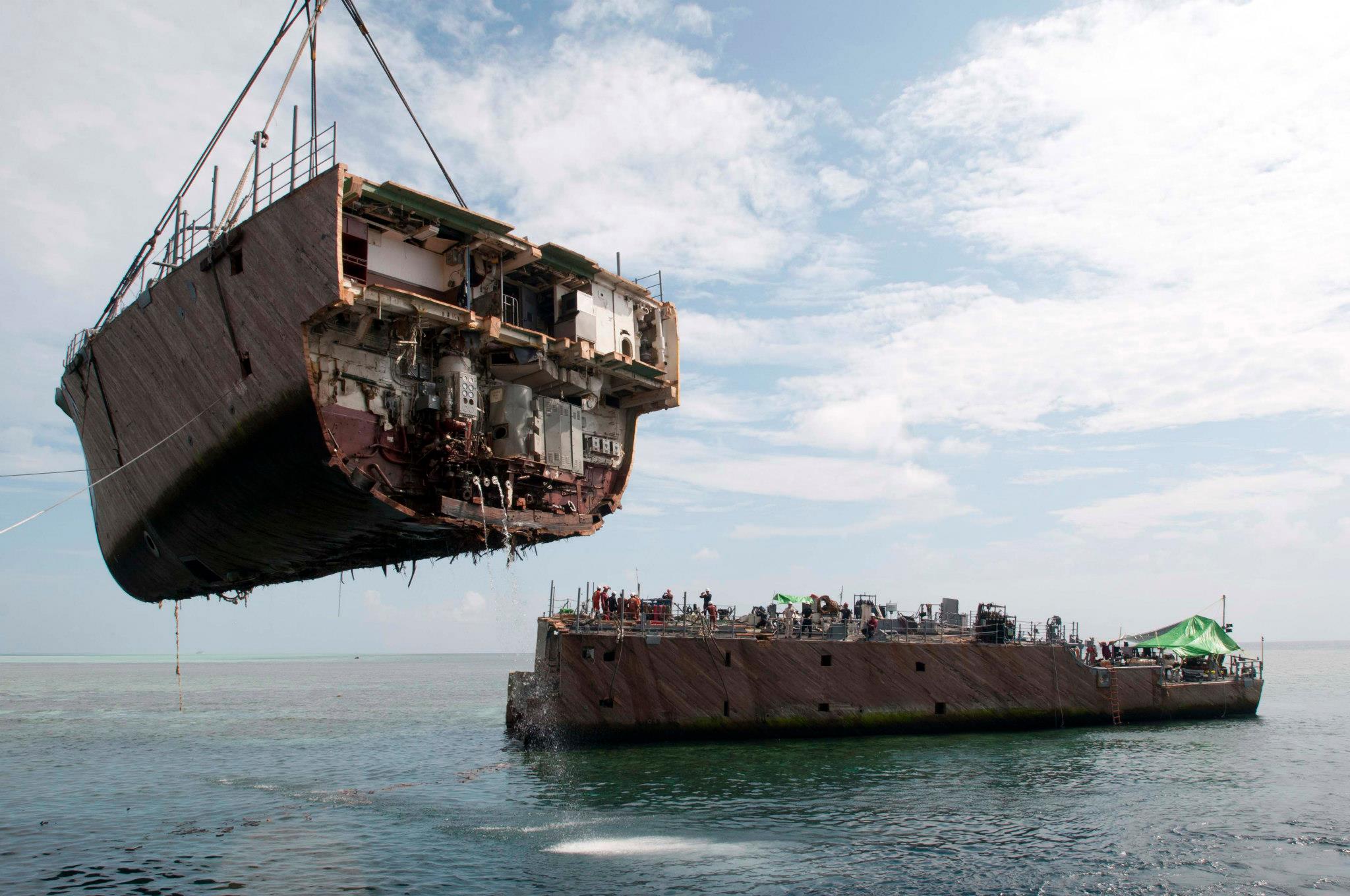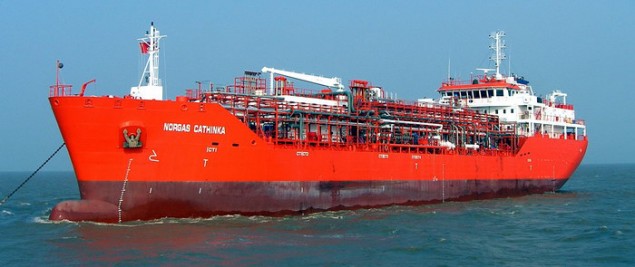Protection & Indemnity (P&I) Cover
- Saturday, January 2, 2010, 8:04
- Protection & Indemnity, Protection & Indemnity (P&I)
- 1 comment
 Protection & Indemnity (P&I) Cover
Protection & Indemnity (P&I) Cover
1. Personal injury to or illness or loss of life of crew members
The shipowner may be exposed to such claims in tort or under statute law, although it is more usual for the claims to be made under the crew member’s collective agreement or particular contract of employment. The cost of medical treatment and of repatriation is covered, as are the funeral expenses of dead seamen and also the cost of sending abroad a substitute for a seaman who is sick or injured or for a seaman who dies. Where there is a particular employment contract and this provides for unusually generous compensation in the event of death, injury or illness, the shipowner will normally be expected to have cleared it in advance with the managers of the Club so that his additional exposure under the contract can be taken into account in the assessment of his premium.
2. Personal injury to or loss of life of stevedores
This is a frequent source of heavy claims in tort or under statute law against shipowners and thus by them against their Clubs. Claims have been specially heavy in US ports, although the number of these claims has been reduced somewhat since the introduction of the 1972 Amendments to the Longshoremen’s and Harbour Workers’ Compensation Act which narrowed the circumstances in which the shipowner, as opposed to the employer of the stevedores, is liable for stevedore deaths and injuries.
3. Personal injury to or illness or loss of life of passengers and others
The shipowner may be exposed to claims in respect of passengers carried on board his ship in respect of injury, illness or death. These claims may in certain jurisdictions be defeated or limited in amount by the terms of the passenger ticket but, whether this is so or not in the particular case, the shipowner is covered for this risk. He may also be liable in tort to persons other than crew, stevedores and passengers who come on board his ship for one purpose or another, including surveyors, Customs officials, pilots and so on. Cover in respect of liability to these persons is also included.
4. Loss of personal effects
Liability of the shipowner to crew, passengers and others in respect of loss of or damage to the personal effects of these persons is also covered.
5. Diversion expenses
The shipowner may suffer losses through having to divert his ship in order to obtain treatment for an injured or sick person on board or for the purpose of landing stowaways. Although there is no liability here in the usual sense, the Clubs give cover to the shipowner in respect of the basic running expenses of his ship during the diversion, including port charges incurred solely for this purpose. Similarly, the cost of providing food and other necessities for stowaways may be reimbursed to the shipowner by his Club. Several Clubs extend the cover given in respect of stowaways to include the like expenses in respect of refugees who have been picked up by the ship.
6. Life salvage
A shipowner may become obliged to pay a life salvage award to a person who has saved or attempted to save the life of persons on board the salvaged vessel. Where property has also been saved, the usual practice is for the property salvage award to be “enhanced” by an unspecified amount in recognition of the life salvage service. The whole award is then payable by the property underwriters. But should the owner have to meet a claim for life salvage alone, this will be recovered from his Club.
8. Loss or damage to property other than cargo
The Clubs provide cover for damage caused by contact between the entered ship and property belonging to other persons, including docks, wharves, locks and so on. The shipowner will not need to insure with his Club for this risk where his hull policy accepts it, as is the case, for example, with the German and Scandinavian types of hull policy, although he may still wish to have Club cover for the excess above any limit imposed by the hull policy. The Club cover also extends to damage caused by the entered ship to other ships and their cargoes without any actual contact, as, for example, by causing damage to a moored vessel by passing her closely at excessive speed.
9. Pollution
It is well known that there has in recent years been a huge increase in the exposure of shipowners to liability claims in respect of pollution caused by cargoes from their vessels, in particular cargoes of oil. Most such liabilities are imposed by international convention such as CLC, domestic statute such as OPA 90 or common law, but some have been voluntarily assumed by shipowners in accordance with schemes such as STOPIA. All these liabilities are insured by the Clubs, although with a limit in respect of oil pollution claims which presently stand at US$1bn each entered ship each accident or occurrence. This oil pollution limit does not apply only to claims that are made directly against the entered ship by those who suffer the oil pollution, but also embraces those which come indirectly, as, for example, those which form part of the collision claim of another vessel.
10. Towage contract liabilities
Clubs provide cover in respect of liabilities which may be incurred during ordinary harbour towage and may by special arrangement offer cover on appropriate terms for situations beyond harbour towage. They also give cover for liabilities under the terms of the usual contracts for towage by the entered ship or another ship or object.
11. Liabilities under contracts and indemnities
Shipowners are often required to give contractual indemnities in order to secure services required by their ship, for example in order to obtain the services of a floating crane. Cover in respect of any resulting liability can be obtained from the Clubs in most such situations.
12. Wreck liabilities
The Clubs give cover for the liability which a shipowner may incur in respect of the raising, removal, destruction, lighting or marking of the wreck of his ship. From the cost of the operation will be deducted the value of the wreck or any part thereof that is recovered as a result of the removal operation.
13. Cargo liabilities
A very important part of the cover provided by the Club is that which relates to the liability of the shipowner under his contract of carriage to pay for any loss of or damage to cargo. Unless prior arrangements are made with the Club managers, this cover will be given on the basis that the shipowner’s contract with the owner of the cargo is on terms at least as favourable to the shipowner as the provisions of the Hague or Hague-Visby Rules, that is to say the Brussels Convention of 1924 and its Protocol of 1968 and the Hamburg Rules of 1978.
The cover extends beyond the sea leg of the carriage and thus will protect the shipowner throughout a combined transport contract from an inland point to another inland point, provided only that the sea leg is performed by an entered ship. This part of the cover is extended beyond liabilities as such, in that the shipowner may recover from his Club any additional cost incurred by him in discharging or disposing of damaged cargo.
Clubs’ Rules impose restrictions on the cover in respect of deviation from the contract voyage (for example an unreasonable departure from the agreed itinerary or the shipment on deck of cargo with underdeck bills) and in respect of other departures from the proper carrying practice, such as the delivery of cargo without production to the master of the relevant bills of lading, or the issue of a “clean” bill of lading for cargo which is patently damaged.
14. Cargo’s proportion of general average or salvage
As an extension of their cover for loss of or damage to cargo, the Clubs again go beyond the insurance of liabilities as such by agreeing to pay to the shipowner any contributions to general average, special charges or salvage which the shipowner would have been able to recover from cargo interests had he not disentitled himself from so recovering by committing some breach of his contract of carriage.
15. Certain expenses of salvors
A variety of fines may have to be paid by a shipowner, either directly or because of an obligation to reimburse his seagoing employees in respect of fines levied on them. Most of these come within the cover of the Clubs.
17. Legal costs
The Clubs also pay for legal costs and similar expenses which a shipowner may incur in dealing with a liability insured by his Club. In practice, the defence to the claim against the shipowner is usually conducted by his Club’s managers or correspondents, who engage any lawyers, surveyors and other experts who may be required and have them paid directly by the Club.
18. “Omnibus” cover
In recognition of the fact that the list of liabilities to which shipowners are subject is constantly increasing in unforeseen ways, the Rules of the Clubs give their Directors discretion to pass for payment certain claims that are not expressly covered by any of the heads of cover set out in their Rules, provided only that they are within the general scope of the Club cover and are not expressly excluded elsewhere within the Rules. This is a most unusual provision and is a reminder that the Clubs exist, not as profit making insurance companies, but as organisations for the benefit of the shipowners who are their Members. The Omnibus Rule gives the opportunity to the Directors to move rapidly in response to the needs of the Members, particularly where a new risk suddenly arises or when an exceptional case appears to fall outside the express provisions of the Rules.
Overall conditions of cover
The risks described above are insured under the Clubs’ Rules only where the relevant liability arises out of the Member’s interest in a ship entered by him in the Club and when it arises in connection with the operation of that ship by or on behalf of the Member.
It is also provided by Club Rules that it is a condition of the cover that the Member must have paid the liability claim against him before he can recover from the Club. However, the failure of a bankrupt Member to pay the third party claimant may not provide a good defence to his Club when the Club is sued directly by the third party under the Third Party (Rights Against Insurers) Act 1930.
Exclusion of war risks
The Clubs’ cover does not include liabilities arising from the war risks listed in the Lloyd’s Free of Capture and Seizure Clause. Consequently it is usual for shipowners to attach to their war risks hull insurance policies a special clause giving cover for P&I risks to the extent that these may arise from such a risk and thus be excluded from the Club insurance.
Selection by shipowners of particular heads of cover and of deductibles
It should be particularly noted that a Member of a Club is not obliged to enter for all the risks set out above but may choose to take cover from his Club in respect only of certain risks which he perceives as most pressing from his point of view. Similarly, although some Clubs put in their Rules standard deductibles for the various risks, it is always open to a Member to negotiate specially large deductibles against a corresponding reduction in premium.
Cover for charterers
copied from:
http://www.ukpandi.com/ukpandi/infopool.nsf/HTML/InsuranceCover
About the Author
One Comment on “Protection & Indemnity (P&I) Cover”
Write a Comment
Gravatars are small images that can show your personality. You can get your gravatar for free today!





Untuk mendalami apa dan bagaimana kerja Asuransi P&I, dapat membaca di buku “HUKUM ASURANSI MARITIM ” (Protection & Indemnity Insurance. Tulisan Fx.Sugiyanto diterbitkan oleh Penerbit Salemba Humanika . dapat ditemukan di toko Buku Gramedia atau Gunung Agung, juga di Lexica Lenteng Agung.
Salam Penulis